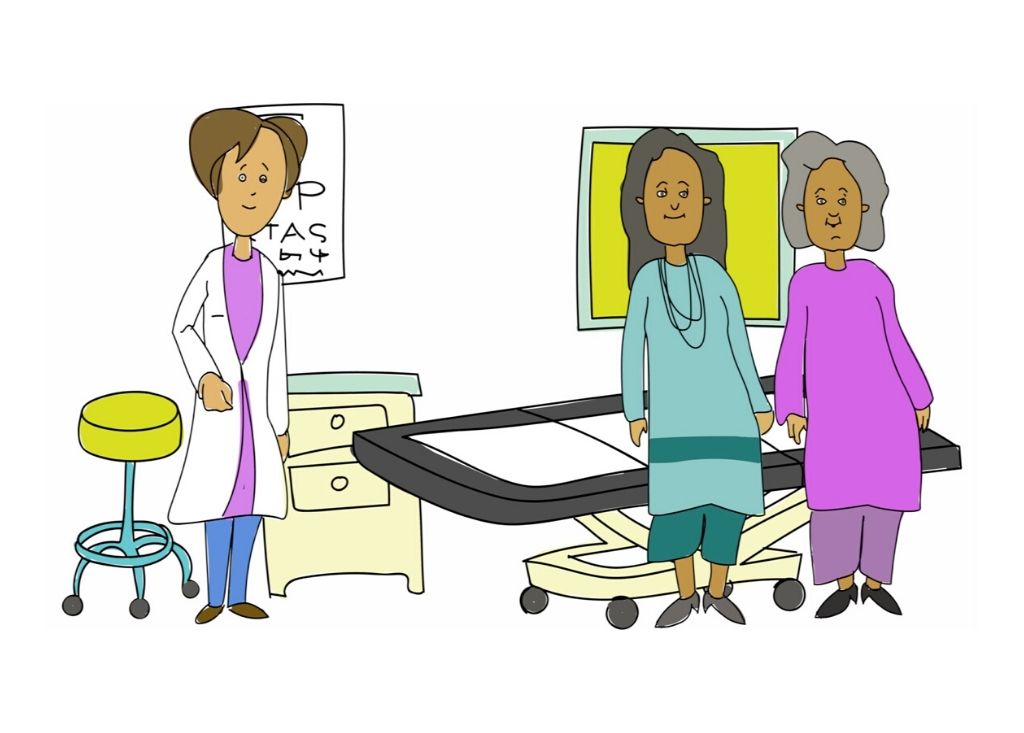Guest Article by Krista James, National Director, Canadian Centre for Elder Law.
Older people have been greatly impacted the COVID-19 pandemic. Many need to make critical health care decisions, or plan for incapability and serious illness. During this time of heightened risk, fear, and health care system stress, it is important to make sure we are respecting the decision-making autonomy of older people.
All capable adults have the right to make decisions about their health care, including the right to consent to treatment, refuse treatment, or stop treatment. The Health Care (Consent) and Care Facility (Admission) Act (HCCA) outlines the health care consent rules in BC. Importantly, all adults are presumed to be capable of making decisions—even if they have a disability. A diagnosis of dementia does not mean a person is incapable of making decisions. However, it might mean a person needs support with understanding information, making choices, and communicating wishes.
Many people make decisions with the help of people they trust. However, this support can be vital for people living with dementia. The HCCA recognizes the right to have support to help with communication and decision-making. A capable adult can appoint a representative under a representation agreement to help them make decisions, but a representation agreement is not required to exercise the right to have a supporter.
Certainly, some people cannot make their own decisions—even with support. In such instances, health care staff must seek consent to treatment from a substitute decision-maker. But even then, the law requires substitute decision-makers to consult with the people they represent about what they want. Communication between a person and their substitute decision-maker is an important part of the decision-making process.
In recent years the Canadian Centre for Elder Law collaborated with the Alzheimer Society of B.C. to study the law, policy, and practice of health care consent in the context of aging and dementia. In 2019 we produced a report titled Conversations about Care. During consultations with people living with dementia, caregivers, and health care providers, we learned that people living with dementia face barriers to being involved in decisions about their health care. Barriers included not having enough time, support or accurate information to make decisions. We also found that some health care professionals do not understand critical aspects of health care consent law. The project advisory committee concluded that educating health care professionals, people living with dementia, and their families about health care consent rights and responsibilities was urgent.
We are excited to announce that we have now published a first set of resources on health care decision-making. The series includes a plain language booklet and three short animated videos. The resources are easy to understand and were tested with people living with dementia. The videos use simple words, and have a slow pace. These tools outline health care consent law, explain how dementia impacts decision-making, discuss legal rights to support with decision-making and communication, and suggest where and when to obtain legal help. The booklet is available in English, French, Punjabi, and Chinese.
Although designed for people living with dementia, these tools provide a good summary of the law for anyone. We encourage you to screen them with families and staff.
These tools were funded by the Law Foundation of BC, the Vancouver Foundation, and the Notary Foundation.
For the booklet and animated videos on the health care decision-making rights of people living with dementia, visit the CCEL’s website, www.bcli.org/ccel.





